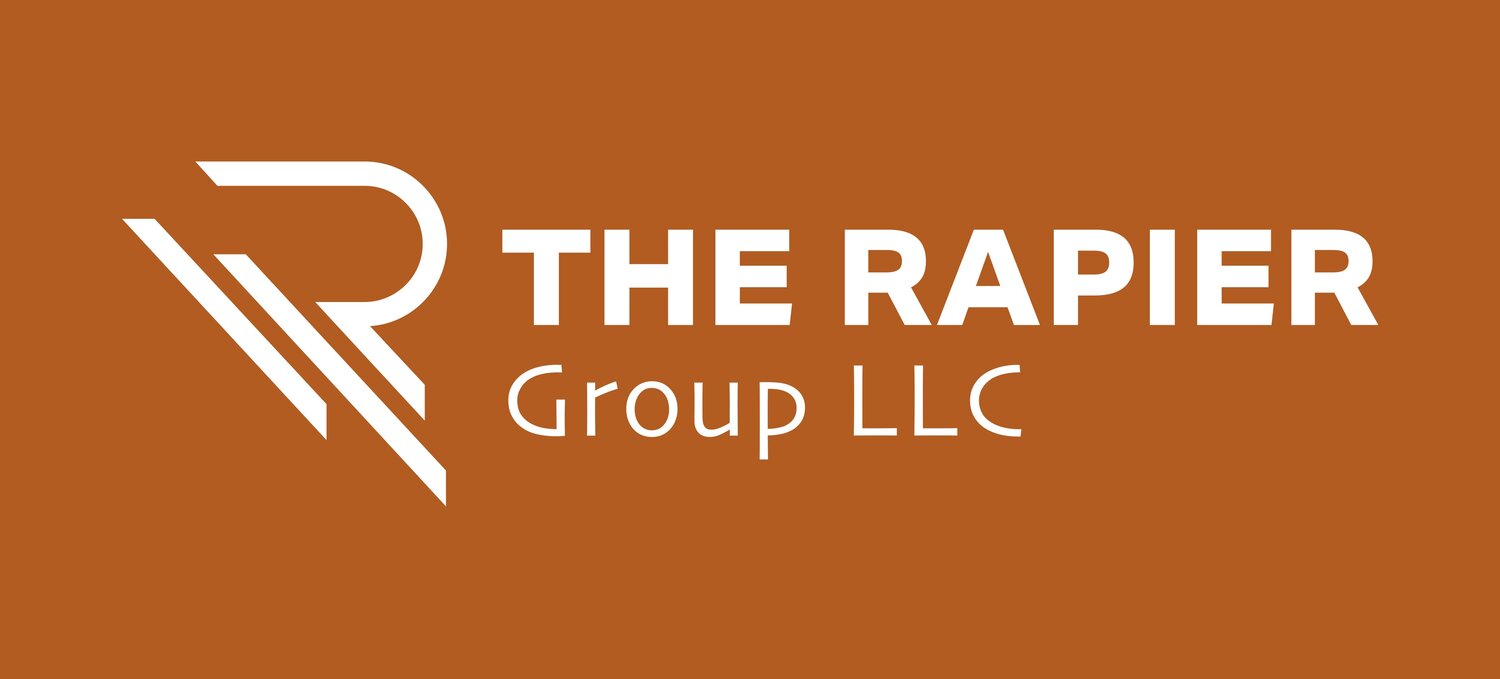There are more habits in our success and failure than are imagined in our reflections.
Photo by Drew Beamer on Unsplash
Today's second topic reviews two books on building and managing habits.
Word Count: About 1,000 words, with an approximate reading time of 4 to 6 minutes. Please share your thoughts in the comments. Please be kind and subscribe to my newsletter.
Links to purchase the books discussed in this newsletter can be found on my website's recommended reading page.
A data scientist studied the daily habits of several geniuses and identified one thing they all had in common. They all got between seven and nine hours of sleep every day. The importance of getting enough sleep is well documented. There are dozens of TED Talks on the topic. Sleep is Your Superpower is one of the best.
The article does not explore the importance of the other aspects of daily routines. Our lives are filled with habits. Good habits allow us to complete important tasks and activities without expending excessive mental energy. Bad habits distract us from more valuable pursuits.
Atomic Habits by James Clear focuses on how we can all build good and break bad habits. Charles Duhigg’s The Power of Habit goes beyond personal habits and explores organizational habits.
Book Review: Atomic Habits: An Easy & Proven Way to Build Good Habits & Break Bad Ones by James Clear
The premise of Atomic Habits is that small and incremental changes can lead to remarkable results. If you can improve by 1 percent every day for a year through the power of compounding, you will be 37 times better than when you started. Unfortunately, the same is true for bad habits. Repeating the same poor decisions out of habit will have toxic results.
By definition, a habit is something we do with little conscious thought. The first and perhaps most challenging step is stopping the habitual response to give us time to analyze what we are about to do. When we identify a good habit, we must develop a plan to improve it. For bad habits, we need to build replacements to execute instead.
Atomic Habits provides many approaches and templates to help you take control of your daily routines. Order your copy here.
Book Review: The Power of Habit: Why We Do What We Do in Life and Business by Charles Duhigg
Investopedia defines culture as “the values, beliefs, and behaviors that determine how a company's employees and management interact, perform, and handle business transactions.” The Cambridge English Dictionary defines culture as “the way of life, especially the general customs and beliefs, of a particular group of people at a particular time.” Leaders often talk about building a culture without realizing that corporate cultures result from good habits instilled in everyone who works for the organization.
Perhaps the book’s most telling story is of Paul O’Neill and his tenure as CEO of Alcoa. O'Neill focused on workplace safety in his first presentation to investors and analysts. He said, “If you want to understand how Alcoa is doing, you need to look at our workplace safety figures. If we bring our injury rates down, it won’t be because of cheerleading or the nonsense you sometimes hear from other CEOs. It will be because the individuals at this company have agreed to become part of something important: They’ve devoted themselves to creating a habit of excellence. Safety will be an indicator that we’re making progress in changing our habits across the entire institution. That’s how we should be judged.”
O’Neill believed in the idea that some habits. Habits have the power to start chain reactions throughout an organization. By identifying and focusing on changing keystone habits, positive change will permeate the fabric of the enterprise and become the corporate culture. All other habits would change and align with the new keystone habits. Within one year of O’Neill’s speech, profits were at record highs.
The Power of Habit provides valuable insights to help you change your organization's culture. Order your copy here.
What I'm Up To
A while back, I mentioned that I was taking golf lessons. After only six lessons and much practice, my average score has improved by ten strokes. This speaks to the power of dedicated and intentional practice. The importance of this disciplined approach is the focus of Peak. I reviewed that book in an earlier newsletter.
Chips and Salsa: Snack-sized news and posts
Is there really such a thing as a professional stone skipper? The important idea presented in the article is taking time to play.
Psyche - All you need to know to start skipping stones like a pro
Season Three of Ted Lasso has been the subject of some criticism. I enjoyed all three seasons and hope they do not try for more. They told their story. If they try to force more out of it, it will diminish the overall value.
Slate - In Defense of Ted Lasso
Ted Lasso provided many examples of what excellent coaching looks like. Here are just two examples from Season 3, Episode 9. An essential aspect of becoming a great leader is learning through observation. We learn from any number of sources. Both of these clips focus on the importance of empathy. An entire section of my book focuses on Leadership Observed.
Ted Lasso - "We do Care" Half-Time Speech
Ted Lasso - Roy Kent Finally gives a press conference
It drives me crazy when articles talk about most pandemic changes as if they are brand new and have never been seen before. Companies have been outsourcing and offshoring work for decades to reduce costs. All the pandemic did was show companies more opportunities.
Learn how to take advantage of differences in opinion and thought.
HBR - When Great Minds Don’t Think Alike
Given Apple’s release of very expensive headsets, I thought this comic was appropriate.
One of McKinsey’s key insights is to focus beyond profit to impact. I made a similar point in one of my newsletters on the role of the CEO.
McKinsey - New leadership for a new era
The Leaders Journey Newsletter - The Role of the Modern CEO
We canot wait for regulation because no one else will. We need to figure this out as we go.
Axios - Don't hold your breath for global AI rules
I wrote about innovation in my last newsletter.
The Bright Side - transparent solar cells found to generate power 1000x more efficiently
The Leaders Journey Newsletter - What is Innovation?
Quotes
“The way a team plays as a whole determines its success. You may have the greatest bunch of individual stars in the world, but if they don't play together, the club won't be worth a dime.”
- Babe Ruth
“It is our responsibilities, not ourselves, that we should take seriously.”
- Peter Ustinov
Peter Ustinov
You can order The Leader With A Thousand Faces on the Recommended Reading Page of my website.
My goal is to make this newsletter as interesting and valuable as possible. Please share your thoughts and suggestions for improvement. If there are specific topics in leadership you would like me to focus on in future issues, please send them my way.




